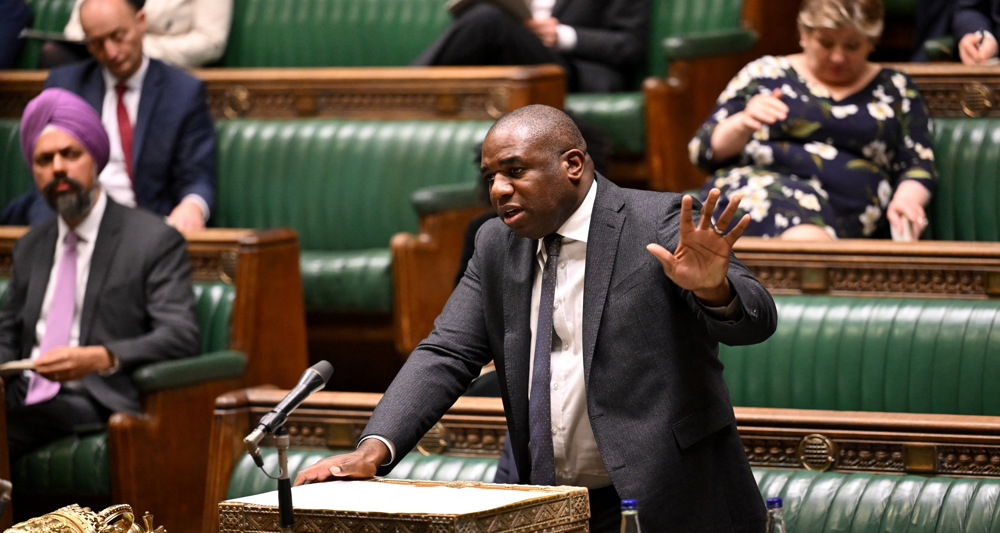EU leaders urge Cameron to expedite UK divorce process
The European Parliament has urged Britain to immediately trigger the divorce process from the European Union (EU) after British voters to leave the bloc.
European lawmakers asked UK Prime Minister David Cameron on Tuesday to end the uncertainty that has gripped Europe and global markets following the Brexit referendum.
The pressure on Cameron came as the EU’s 28 leaders gathered in Brussels for a meeting on Tuesday night, the first such meeting since UK’s decision to split from the bloc.
Cameron, who announced that he would leave office by fall, suggested last week that his country will not launch Article 50 of Lisbon Treaty before October.
Meanwhile, EU President Donald Tusk has suggested that members of the bloc minus Britain will hold an informal meeting in September to discuss the future of the EU.
The British departure has triggered concerns that other EU nations may follow, challenging the political fabric of an alliance that has been constructed among nearly thirty very different countries.
European leaders took a tough stance Tuesday against British efforts to leave the EU, promising a hard-line stance against allowing the UK to keep free access to the largest consumer market in the world without also maintaining open borders, the very EU characteristic that the UK referendum seemed to reject.
“Those who want free access to the European domestic market will have to accept the basic European freedoms and the other rules and duties which are linked to it,” German Chancellor Angela Merkel told her Parliament on Tuesday before she traveled to Brussels for the meeting with Cameron and the other EU leaders.
“This applies to Great Britain just like to everyone else. Free access to the domestic market is granted to those who accept the four basic European freedoms — of people, of goods, of services, of capital.”
Britain’s political system and economy have been thrown into chaos by the outcome of the EU referendum, which was not expected by analysts, the markets or even the politicians who campaigned for a British exit, also known as Brexit.
In the June 23 referendum, about 52 percent of British voters opted to leave the EU, while roughly 48 percent of the people voted to stay in the union. More than 17.4 million Britons said the country should leave the bloc, as just over 16.14 million others favored remaining in the EU.
VIDEO | Press TV's news headlines
VIDEO | Pakistan declares Parachinar 'disaster-hit' region amid dire humanitarian crisis
Yemeni missile strikes chaos, mayhem into central Tel Aviv; triggers stampede that injures 20
VIDEO | 444 days of ethnic cleansing
VIDEO | Bethlehem's Christmas dimmed by war, restrictions
Israel admits assassinating Hamas leader, vows to inflict same fate on Yemeni fighters, people
VIDEO | Yemeni forces repel US-British attack, down F-18 Jet
Iran’s capabilities vast; enemy’s ‘maximum pressure’ policies all failed miserably: Senior official










 This makes it easy to access the Press TV website
This makes it easy to access the Press TV website